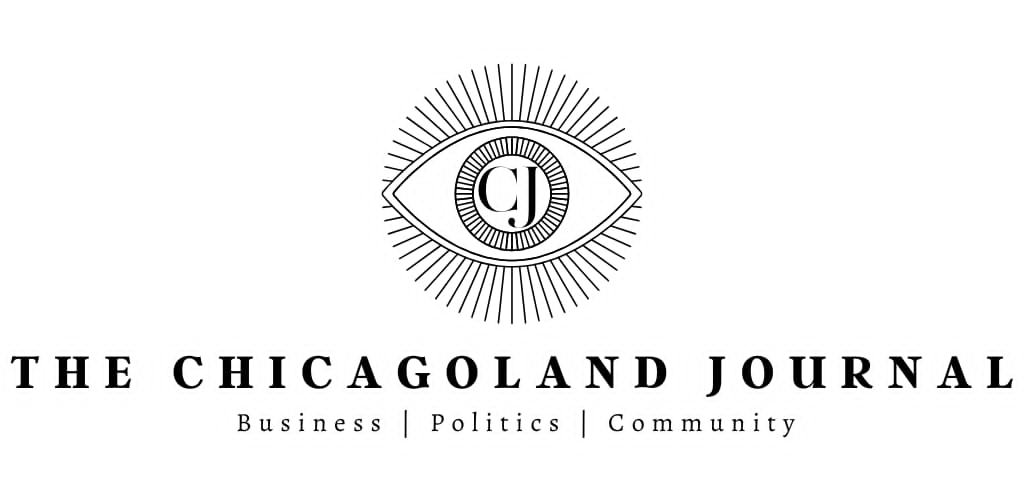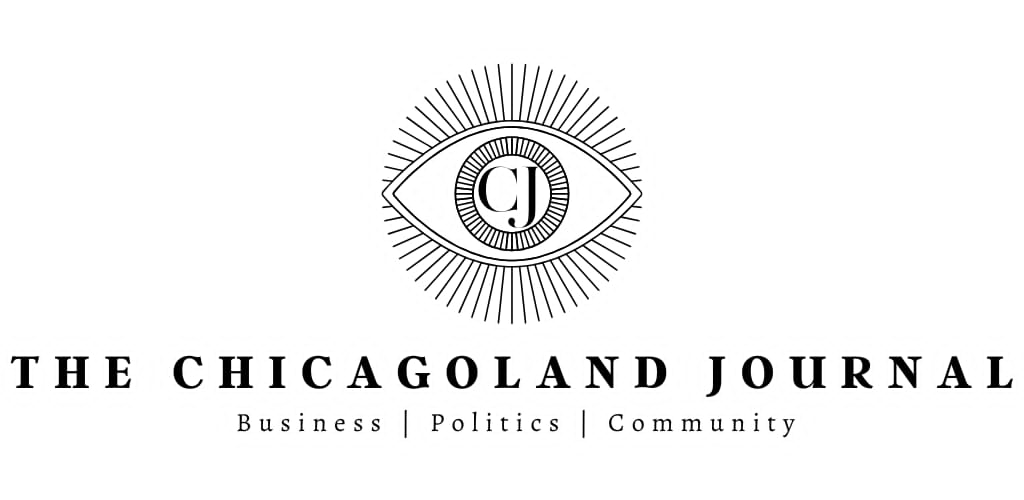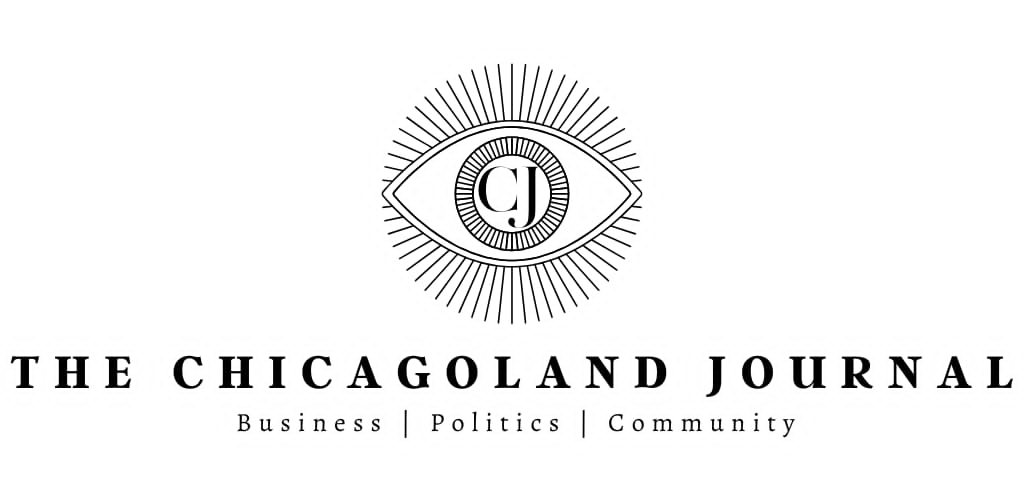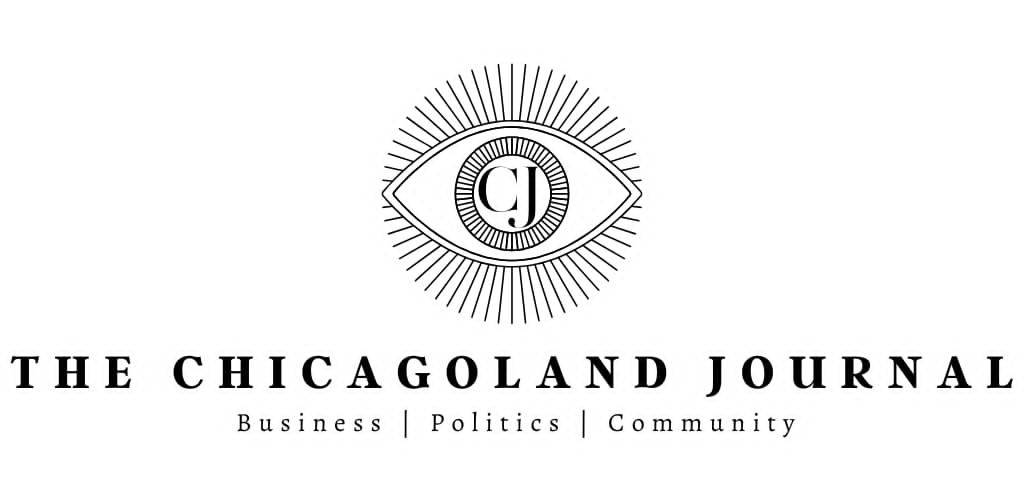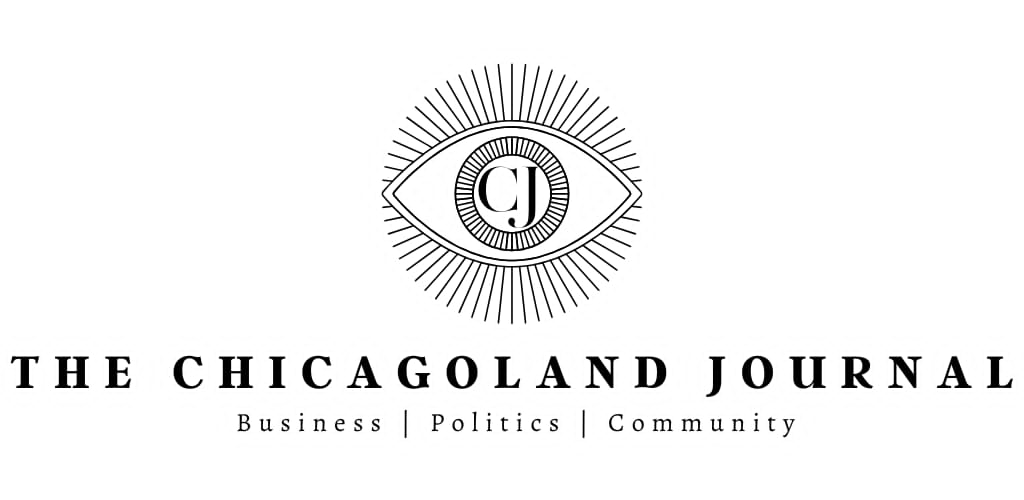Chamber of Commerce Update: Dr. Cornel Darden Jr. on the Economic Impact of Lost Digital Information in the Chicago Southland (Robbins, IL) – The Southland is a very important area of the world. A hub of finance, transportation, logistics, and culture. Volumes of information is constantly being produced from this area of the globe. This information, like all information, has some type of economic value to it. Some of the information being produced in the Southland have much more economic value than others.
The economic impact of certain information loss when it comes to businesses and government bodies can be analyzed in terms of legal issues, search traffic for businesses, and history. All three areas can affect businesses and government entities economically and thus the economy overall.
Legal Issues
Considering that legal issues are probably considered by most a top priority in their life if they have the means and resources, the economic impact of lost digital information on legal questions is huge. Back in 2017, the U.S Court of appeals ruled that the Archive.org‘s Wayback Machine is legitimate legal evidence. The ruling can be viewed here. The three previous links in this article all link to the Wayback Machine (As well as all outbound links in published in the Southland Journal’s articles).
Imagine having a court case, civil or criminal, and having important information that can help you win that case located on a website that no longer exists. That website could have been a website belonging to a business, your business, a government website (like a school, library, municipality, etc.), newspaper or magazine, or an organization’s site. The implication can be huge if that information is no longer available when you really need it (like in court).
Our virtuous Republic here in the United States is arguably the best government ever manifested for a very large population in the history of the World. It is virtuous in that it is good and works for it’s citizens. It works because of a phenomenal social structure based on ultimately on written law, and especially on a constitution. This law is argued by many to be the basis in which capitalism thrives in developed countries. Thus, the idea is, when the law works, capitalism thrives and the economy does better. Imagine the law not working because information is lost that could help enforce the law and result in a lower economic input in an area.
Search Traffic
Search traffic for business is evermore important. To not have your business listed and easily found on the internet is detrimental. Many business allocate a large portion of their budget and expenses to SEO (Search engine optimization), web presence and digital branding. Your company suffers when ephemeral digital information is used by your business, government entity organization; or when it used by other and it disappears. This not only hurts with legal concerns as stated earlier, but it also affects a very important method to conduct business and that’s search traffic.
Making sure to carefully audit and consider your digital assets and having a culture where digital assets are more responsibility handled and maintained by others (especially local governments) ensures that the local economy doesn’t suffer from unnecessary harm or lack of productivity. Accounting for the economic impact that broken links, missing web pages, etc. can cause is not easily discernible nor has the issue been widely studied from an economic perspective.
Many employ companies to affect their search rankings etc. to gain an advantage over their competition. Competition is argued to fuel capitalism. However, when the competition is low because so many companies, government entities, and organizations, have poor web presence and negligent digital asset practices, then the loss economic output is naturally compounded. This makes it difficult for people to make money and also makes it difficult for everyone to compete.
History
“If you don’t know history, your are doomed to repeat it.” This phrase is very common in many cultures. It renders history so every important in our daily lives; especially when it comes to the economy. Most people probably wish that they did not make so many mistakes in their lives. They probably blame those mistakes for the current financial well being.Knowledge of history makes men and women more prepared for contemporary issues and history also makes one much more competitive.
The loss of digital information hurts history first and foremost. How can one write about and analyze history with no evidence. We produce more information today than ever in history. The inundation of information affects the historical record tremendously. It makes it so that historians have much more history to record, review, and analyze in the future. However, how much of this information is preserved.
Much information before the digital age has been lost to history. We now produced unbelievable amounts of information compared to previous centuries. It seems as if we may actually recover less of a historical record now than ever before when one considers just how much information is being produced, versus how much can be retrieved. Especially when compared to our current history. The economic impact of records are huge. We rely on records to make money, to enforce contracts, to make money. Government records are especially important to the economy. Business are better able to thrive when they have access to information and they also have the skill set to use that information.
Economic Impact
To help the economy thrive in the Southland. We want to make sure that information literacy is more common for businesses. We should endeavor to have our local governments and organizations equipped with the knowledge and wherewithal to be good stewards of information and help to prevent ‘digital information loss in our economy. For more people can make money and standards of living increases for everyone when the economy does well.
Chamber of Commerce Update: Dr. Cornel Darden Jr. on the Economic Impact of Lost Digital Information in the Chicago Southland
